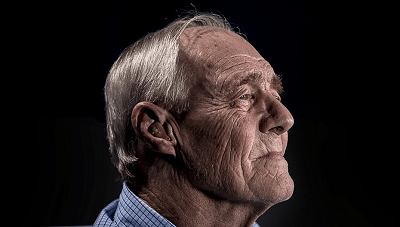Recognizing the Signs of Depression in Older Adults

Recognizing the Signs of Depression in Older Adults April 4, 2024 Recognizing if an older adult is depressed can be challenging. This is because depression affects older adults differently from younger adults. Many seniors who suffer from depression don’t realize they’re depressed until someone points out their behavior patterns. But if you are providing care for an older person, some tell-tale signs could help them get treatment sooner rather than later.Unfortunately, figures show that up to 20 percent of older adults suffer from depressive symptoms. This can rise to 45 percent if they are in a healthcare facility. And older people who have depression usually struggle with other medical issues or disabilities.How can you recognize the signs of depression in older adults? This article provides some helpful advice on helping an aging loved parent or relative struggling with feelings of helplessness. 4 Signs of Depression in Seniors Let’s look at some tell-tale signs that could indicate an older adult is suffering from depression. It’s good to remember that many of these signs could also be related to other underlying health issues. 1. Changes in personality It’s common for older adults who suffer from depression to have personality changes. This could manifest itself as feeling tired, more irritable, or struggling to pay attention. For example, were they once outgoing and confident but are now more pessimistic and unsure of themselves? Have they started to move or talk slower? These could be signs that they are feeling depressed. 2. Changes in sleeping habits A tell-tale sign of depression is often related to sleep problems. This could be sleeping too late or waking up early. Or you may notice that they are sleeping more often during the daytime. The lack of physical activity could also lead to weight gain. 3. Losing interest An older person with hidden depression may give up on things that were once important. It could be that they have lost their joy in doing fun activities, or they start half-heartedly participating in them. For example, does the person in your care retreat from social interaction and prefer to stay home alone more often? 4. Feelings of worthlessness A typical sign of depression in older people is increased feelings of worthlessness, guilt, hopelessness, or helplessness. Of course, it’s natural for someone with mobility issues or who must rely on someone for personal care to feel this way. But if the feelings continue for several weeks, it may be time to seek professional help.If you’re worried that your loved one may be experiencing depression in their senior years, don’t hesitate to get in touch with a health professional. Depression is a genuine condition that can be successfully treated. Product Category Years







